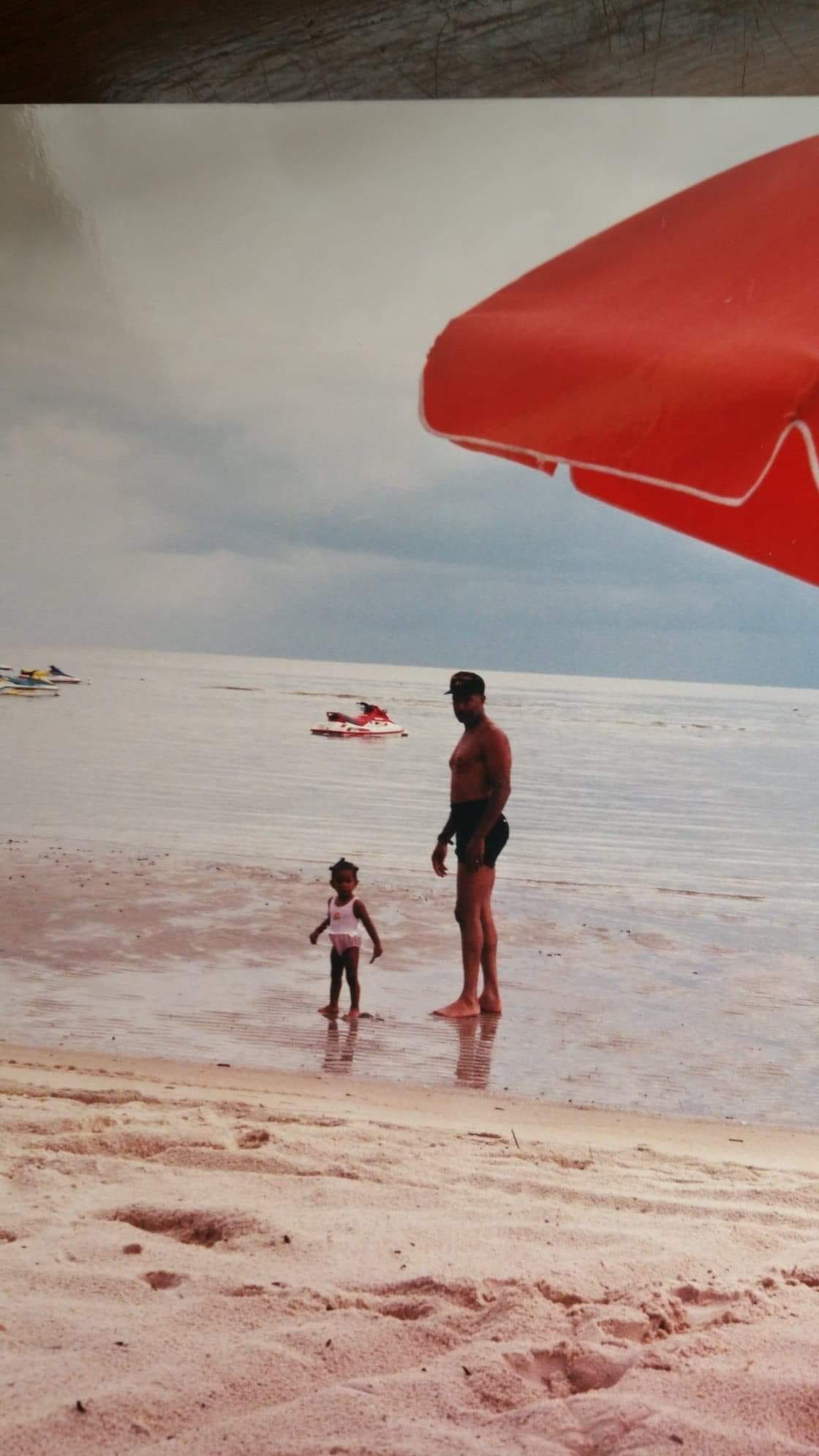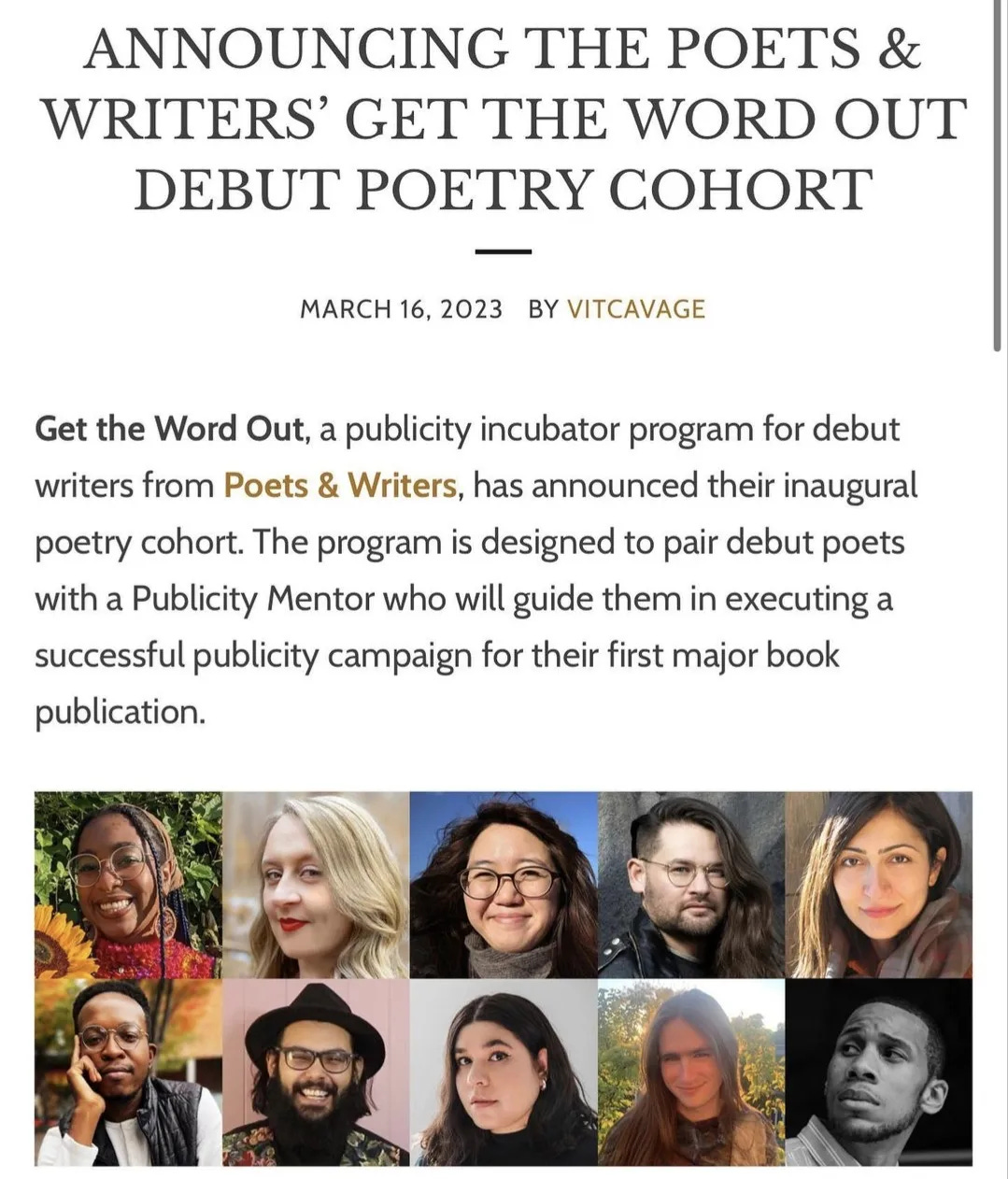in praise of fireflies & their protectors
at the meeting point of ecological & cultural erosion
“She will remain the Earth, sufficient still Though you are gone, and with you that rare loss That vanishes with your bewildered will; And there shall flame no red, indignant cross For you, no quick white scar of wrath emboss The sky, no blood drip from a wounded moon, And not a single star chime out of tune.” -- from "To Lovers of Earth: Fair Warning" by Countee Cullen
No time spent writing is time lost. As I’ve been in a bit of a respite from poetry, gearing up for my book release, I’ve been spending some time diving deeper into my prose bag, of course beginning with a lot of reading and a lot of research. As spring approaches, I find myself defrosting, thawing out both in action and in memory. Spring brings eager anticipation of summer, and as someone who finds themselves constantly living in the future, I cannot wait for dripping paletas, the smell of crackling campfire, the quiet forest choir of nocturnal animals, dancing under the moonlight in 80 degree weather.
My uncle and aunt are the co-directors of Ballethnic, a dance company near Atlanta, Georgia with an ingenious approach that blends traditional ballet with various styles of Black diasporic dance. Despite faithfully attending summer dance programs from ages four through eight, I have never considered myself much of a dancer. The best part of spending the summers in the South was observing the wildlife. Growing up in Denver, I had become accustomed to the dryland mosquitoes of the West, prairie dogs who peeked their heads out of the dirt around housing developments and occasional brave deer that ventured into the city. In College Park, on the outskirts of the major city center, fireflies danced, courting one another in a vibrant light show. This was a boogie I could get into.
From watching wild turkeys to dancing with fireflies, I miss the momentum of youth, the exhilarating wonder that came with a boundless imagination. I was enthralled with the idea that something so small and so organic could produce its own light. Long romanticized and a harbinger of summer, fireflies In true Southern fashion, we never called them fireflies, but “junebugs” because they usually appeared in late May, early June. We never collected junebugs in jars as children; to be perfectly honest, I was apprehensive of these insects and marveled at their magic from a safe distance. It always felt as though they were just as apprehensive of me as I was of them, a sort of mutual respect built on distance. And upon reflection, I appreciate the necessity of that distance. Some things are just meant to be appreciated from afar.
City lights are confusing fireflies. Like many urban and urban adjacent species, junebugs have had to adapt to human activity, but because their bioluminescence can’t compete with the intense LEDs humans have on nearly 24/7, they are struggling to reproduce effectively. In addition to light pollution, insecticide use and habitat loss have culled their numbers significantly. There are more than 2,000 species of these curious little light beetles; their habitat ranges from mangroves to marshes, but as these biomes disappear to make room for cash crop cultivation, so do their inhabitants. Every year, there seem to be less and less junebugs, and their flirtatious dances seem desperate, determined not to go out into that good night.
A city is not a “natural” environment for a firefly. And as the woodlands of their origin that border metropolitan areas suffer from light pollution spillover and housing developments, the boundary between the built environment and the natural fades, much like the light of the firefly. Can a species adapt without losing an intrinsic part of itself? Does an emphasis on adaptive capacity overlook the tragedies that gave way to the need for that adaptation? To return to a place constantly under attack and still regard it as a homecoming is nothing short of marvelous. Perhaps junebugs, like humans, have an innate sense of place, an intrinsic relation buttressed by years of intimate knowledge with a landscape.
You cannot speak about Atlanta without speaking about Cop City, without speaking about the murder of Tortuguita, an earth defender who was murdered protecting Weelaunee Forest, the land on which Cop City is slated to be built. Environmental degradation and police violence go hand in hand: one reinforces the other as destruction is legitimized as “progress.” But under the pavement, before the trees were uprooted and the protestors beaten and the water polluted (and even as it is happening), an ancestral vision of a forest once venerated, persists.
Weelaunee Forest is a watershed surrounded by primarily Black residents – its history is already marred with destruction. Once home to a former plantation, then a prison farm, Weelaunee began as the stolen home of the Creek Muscogee who were forcibly removed from the area and forced to walk the Trail of Tears. Today, the forest is home to a plethora of bird species, deer, old and new growth trees, cicadas, small rodents and of course, fireflies. They twirl and dart around their ancestral homeland, confused but nevertheless returning to where their ancestors once danced too.
In conversation with Dr. Daniel Wildcat of Haskell Indian Nations University, writer Gloria Tatum notes that "to fight climate change; we need a cultural change, a change in our thinking and actions.” Though humans are incredibly adaptive species, this sole focus on adaptation and resilience often is at the sacrifice of those who are most vulnerable to climate permutations. Adaptation becomes synonymous with abandonment, with acquiescence.
Can adaptation lead to this cultural change? How do we grieve in the midst of widespread erasure? Paving over a forest is not only a violent, fascist act in the present but speaks to a larger culture of convenient forgetting. The forest remembers. The earth has a long memory. Its inhabitants, long tethered to its gifts and burdens, do too.
How can you support forest defenders? Check out these resources:
https://defendtheatlantaforest.org/
Follow @atlantajusticealliance, @defendatlantaforest, and @stopcopcity on social media
Donate to the Atlanta Solidarity Fund
Learn more ways to take action here: linktr.ee/stopcopcitylinks
Personal announcements: I am a part of the inaugural poetry cohort of Get the Word Out with Poets & Writers Inc.!
This is especially exciting news because this announcement came just days after MY BOOK became AVAILABLE FOR PREORDER! If you want to support a cooperative run independent bookstore, order HEIRLOOM from Buffalo Street Books in lieu of Barnes & Nobles/Amazon.
Mark your calendars: a virtual release part for Heirloom is happening 4/20 at 5:30 pm PST/8:30 pm EST! Wear something green, all are welcome ~
Heirloom is going on tour! Do you, your organization or your class need support in climate communications, ecopoetics, culturally informed enviro education and/or Black eco-literature? I am booking guest speaking engagements, gigs and readings (both virtual and in person) for late spring into early fall ~ contact me at my website ashiaajani.com






